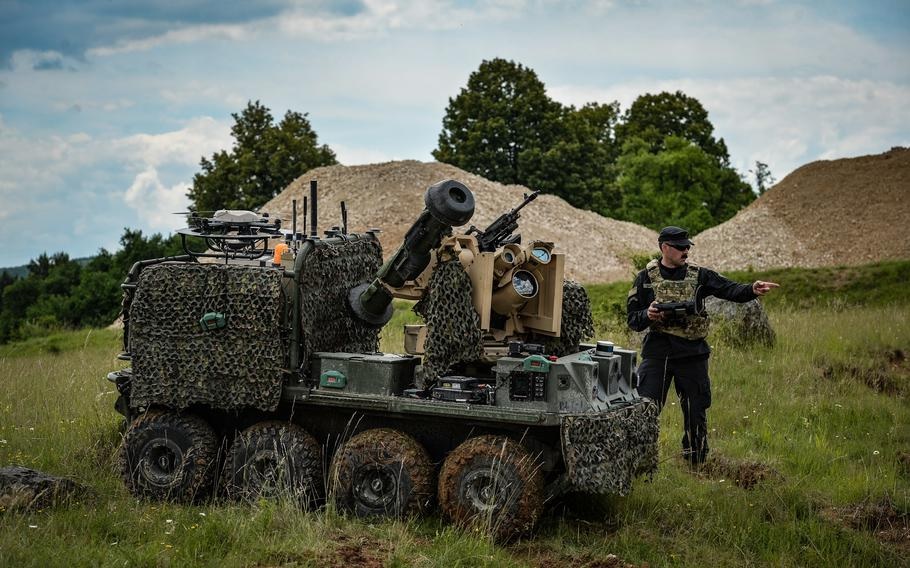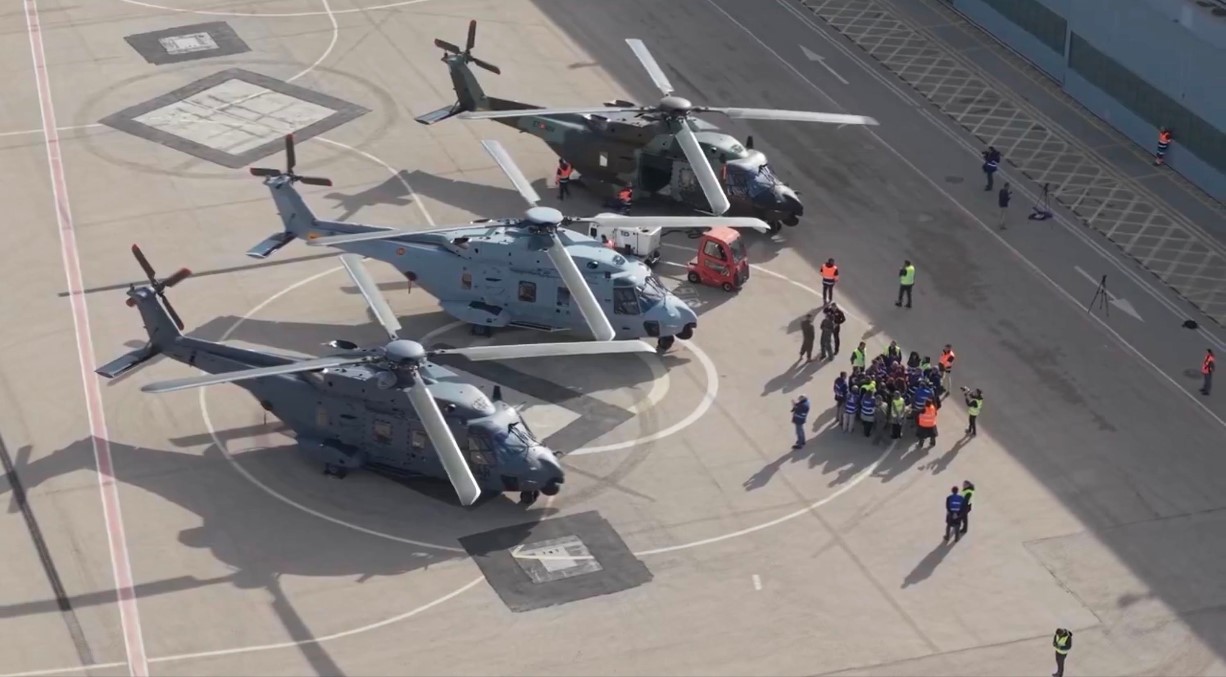US Army Partners with Industry Leaders to Develop Autonomous Software for Robotic Combat Vehicles

Defense News
U.S
The United States has partnered with eight industry leaders to advance the development of autonomous software and processes for the Army's Robotic Combat Vehicle (RCV) program. This initiative is part of the Pentagon's strategy to utilize ground-based drones to address modern threats, serving as escorts or scouts for soldiers in various capacities.
The selected industry partners include Overland AI, Forterra, Neya Systems, Kodiak Robotics, Scale AI, Applied Intuition Inc., Palantir Technologies, and Anduril Industries. They will focus on different aspects of the RCV program, such as navigation systems, machine learning solutions, and software integration.
The partnership was established following a rigorous assessment process, which evaluated 110 responses from solicitations issued by the Defense Innovation Unit (DIU).
According to RCV Product Manager Steve Herrick, the aim is to merge software capabilities developed through the RCV Software Acquisition Pathway (SWP) into the RCV Full System Prototype (FSP). This collaboration is expected to result in robust and capable software that can operate autonomously across various terrains and scenarios.

Byron Boots, Co-Founder and CEO of Overland AI, emphasized the mission to eliminate risks to human lives by utilizing robot-controlled vehicles for high-risk situations. He stated that there's no justification for risking soldiers' lives when robots can perform the tasks effectively.
Zach Mears, Senior Vice President of Anduril Strategy, highlighted the critical role of integrating hardware and software components for the success of the RCV program. He emphasized the importance of developing a robust and flexible integration framework to support the evaluation and validation of autonomous systems.
Overall, this collaboration represents a significant step forward in advancing autonomous capabilities for the Army's RCV program, with the potential to enhance soldiers' safety and effectiveness in diverse operational environments.


